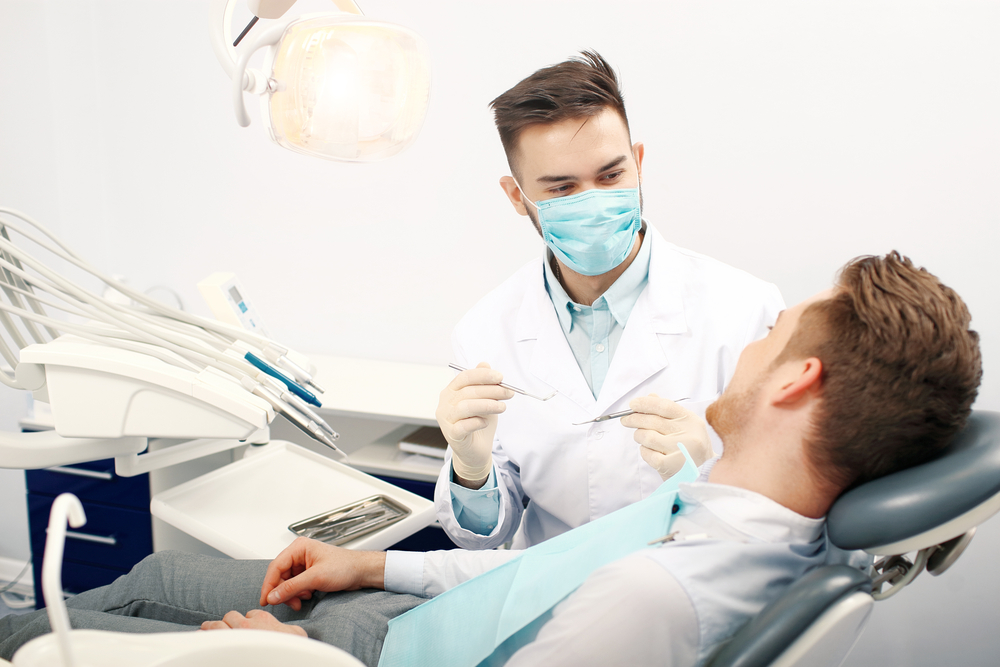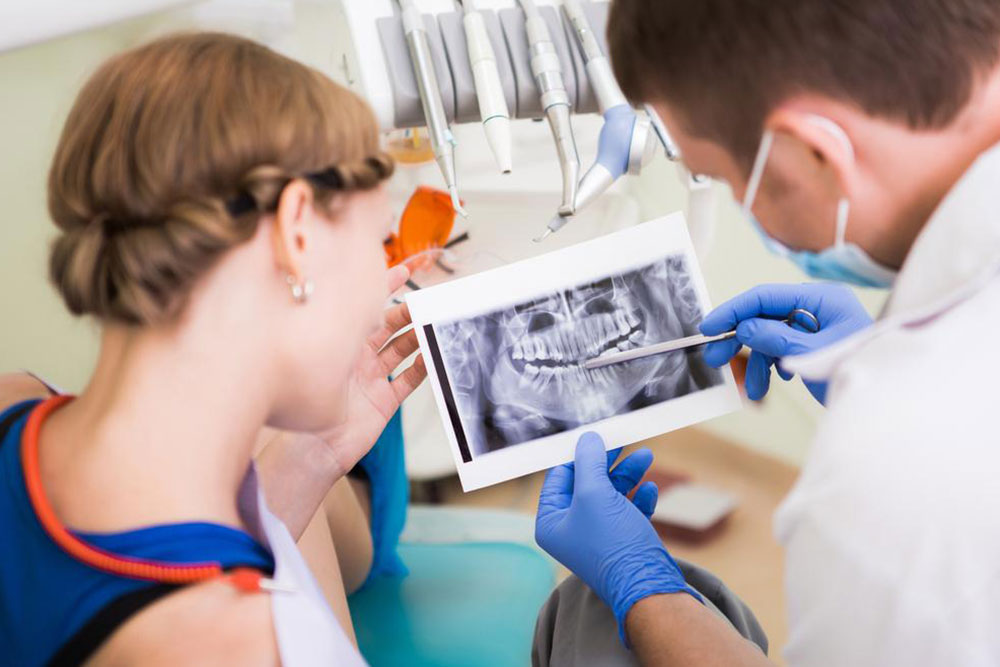Understanding and Managing Bleeding Gums
This comprehensive guide explores the causes, prevention, and treatment of bleeding gums. It emphasizes the importance of good oral hygiene, regular dental check-ups, and offers practical home remedies. Recognizing early signs and seeking timely professional care can prevent severe gum disease. The article also highlights dietary habits that promote healthy gums and advises when to consult a dentist for persistent bleeding. Maintain optimal oral health with the right practices to keep your gums healthy and free from bleeding issues.

Understanding and Managing Bleeding Gums
Essential information about bleeding gums
Often overlooked, bleeding gums commonly occur during brushing or flossing. While it’s tempting to dismiss it as normal, persistent bleeding shouldn’t be ignored. It’s a common concern, and consulting a dentist is advisable to diagnose the underlying cause and explore treatment options. Mild bleeding can sometimes be managed at home with simple remedies. Gum disease remains a primary culprit behind bleeding gums; many adults experience it at some point.
Here’s essential insight into bleeding gums, causes, and preventive measures.
Indicators of possible oral health issues include gums that bleed easily.
Bleeding can stem from various causes but often points to gum disease.
Ignoring persistent bleeding can lead to advanced gum problems.
Recognize the cause of bleeding and address it promptly.
Maintain good oral hygiene; plaque buildup along the gum line can lead to bleeding.
Use a soft-bristled toothbrush and avoid vigorous brushing.
Mild bleeding can often be managed at home with proper care.
Brush gently twice daily, making sure to clean all areas, including the tongue.
Reduce sugary foods and drinks, which promote bacterial growth.
Rinse your mouth after meals to remove debris.
Floss daily to reach between teeth and maintain gum health.
Avoid tobacco products, as they impair gum health.
Regular dental check-ups help in early detection of gum issues.
When should you visit a dentist?
If bleeding occurs frequently during brushing.
Persistent bleeding that does not stop warrants dental attention.
Dental treatment options for bleeding gums
Dentists examine the gums to identify underlying causes.
They may remove plaque buildup through cleaning procedures.
Scaling and root planing could be recommended for deeper cleaning.
Severe infections might require surgical intervention.
At-home remedies for bleeding gums
Switch to a soft-bristled toothbrush, replacing old ones.
Incorporate mouthwash into your routine.
Rinse with salt water twice daily for healing.
Increase intake of vitamin C and K-rich foods such as oranges, spinach, and kale to boost immunity and gum health.
Use hydrogen peroxide sparingly as a disinfectant to help reduce bleeding.
Chew crunchy vegetables like carrots and cucumbers to enhance circulation.
Apply a cold compress to reduce swelling and bleeding.
Drinking green tea may help reverse gum disease and control bleeding.
Regular dental visits remain crucial for ongoing oral health.










